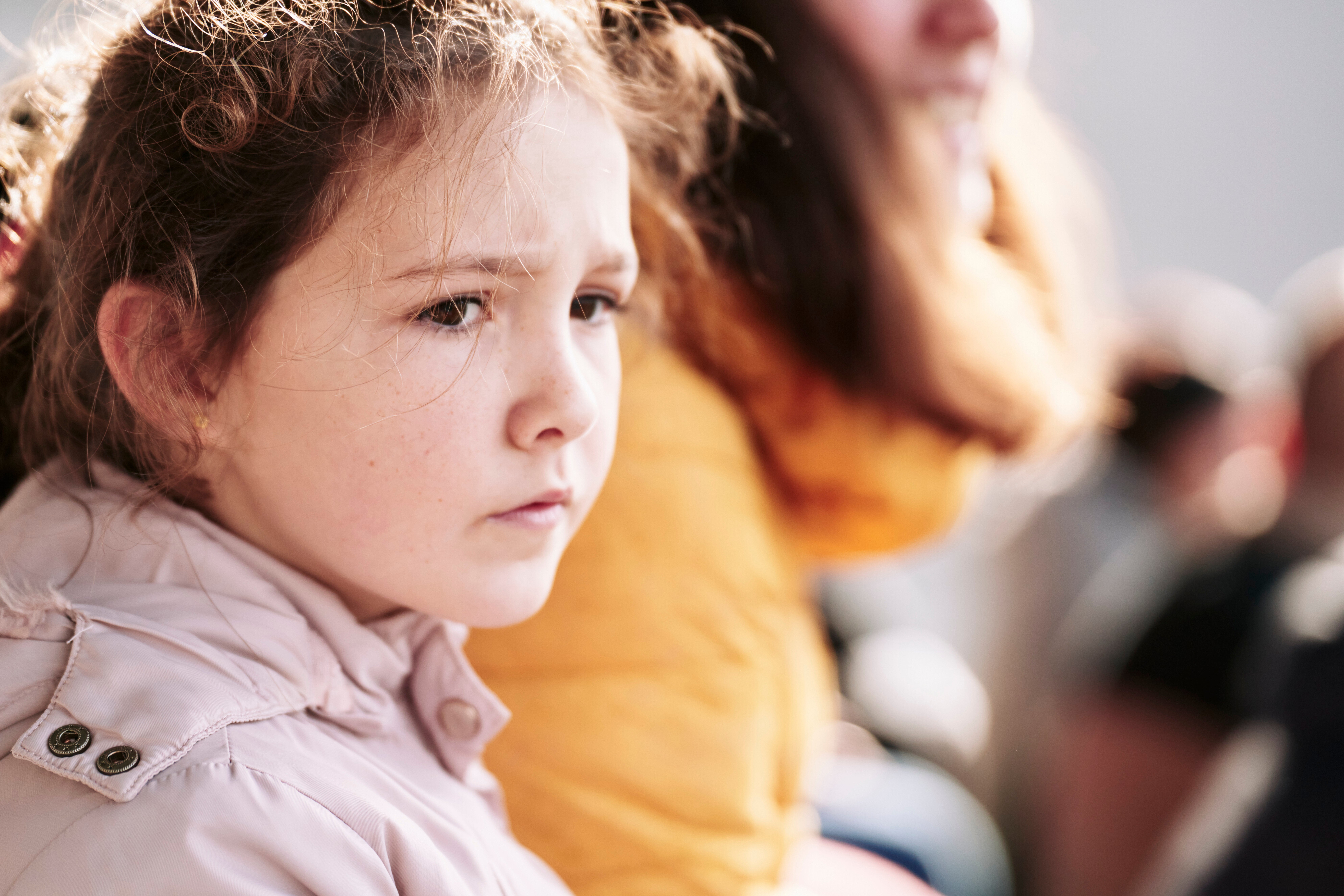
!function(n){if(!window.cnx){window.cnx={},window.cnx.cmd=[];var t=n.createElement('iframe');t.display='none',t.onload=function(){var n=t.contentWindow.document,c=n.createElement('script');c.src='//cd.connatix.com/connatix.player.js',c.setAttribute('async','1'),c.setAttribute('type','text/javascript'),n.body.appendChild(c)},n.head.appendChild(t)}}(document);(new Image()).src = 'https://capi.connatix.com/tr/si?token=ff7fdddc-5441-4253-abc4-f12a33fad58b';cnx.cmd.push(function(){cnx({"playerId":"ff7fdddc-5441-4253-abc4-f12a33fad58b","mediaId":"678d6695-64c4-4eb2-b959-cd0206efcdd2"}).render("67e4302fe4b0fd51d1b5c0a3");});Kids are often more observant than many adults give them credit for. It’s not just what we say to them directly that they’re absorbing; it’s how we talk about ourselves and others, what we say to others about them and how we behave, too. We asked experts what sorts of things children pick up on that adults don’t always realise they’re noticing. This list isn’t designed to be judgmental; rather, it’s a reminder that we can all bring a little more awareness to our day-to-day interactions.1. How you feel about your partner, co-parent or their other caregivers.You may think you’re being subtle when you roll your eyes at your partner or shoot your father-in-law a dirty look. But kids can catch those nonverbal cues,said clinical psychologist
Full Story